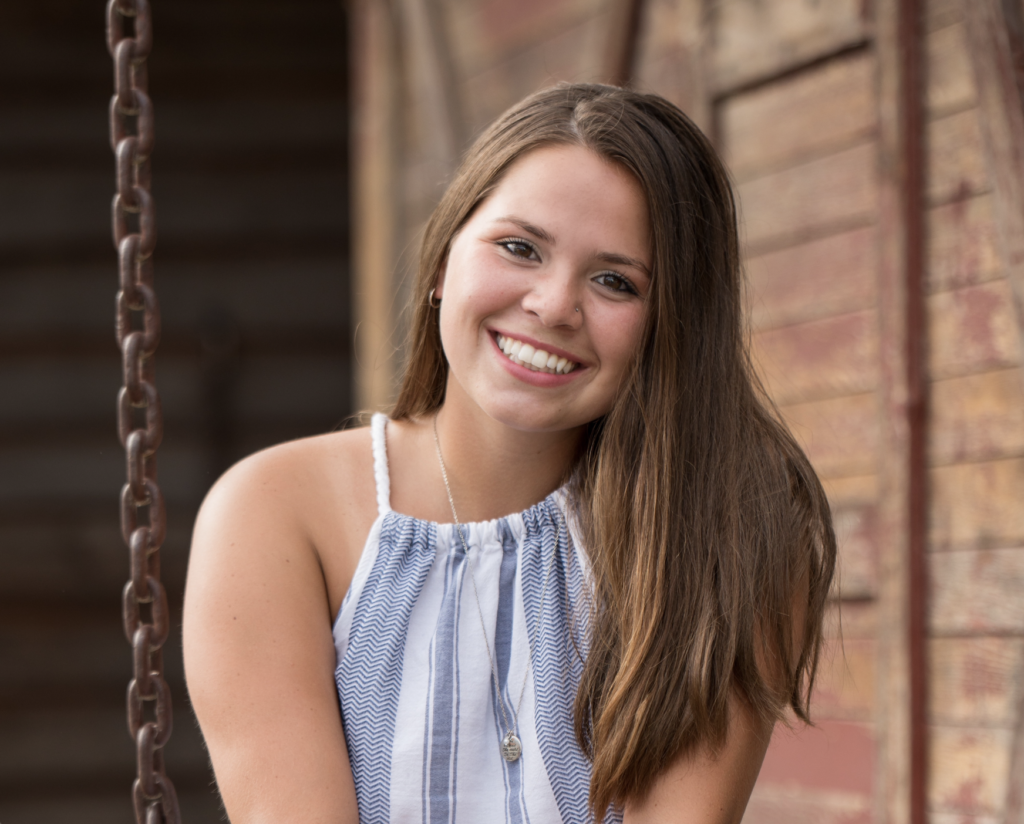5 W’s and 1 H of Informational Interviews

Informational interviews are your ticket into the big leagues. And by big leagues, I mean getting a job. So, let’s get into the 5 W’s and 1 H of informational interviews.
WHO.
Who should you do an informational interview with?
- A professional currently in the position that you want in the future.
- A professional currently at the organization you hope to be employed by.
- A professional in the city you want to work in.
- Anyone whose path you’re interested in learning more about.
WHAT.
What is an informational interview?
This is an opportunity for you to learn about a future position, company, or location from someone currently experiencing it firsthand. It’s not as high stakes as a job or internship interview, but you should act just as professional.
What should I ask?
You should always be prepared with questions. You asked for their time, don’t expect them to do the work for you.
I could include a plethora of questions that you could ask a professional in an informational interview [which I will below], but what you should do is think: what is important to me in a job? Is it the relationships with colleagues, the day-to-day tasks, the schedule flexibility, the company structure, or the clients?
WHEN.
When should I start reaching out to professionals?
As early as you can. The best part about making connections is that they last as long as you nurture them. Whether you are a freshman, sophomore, junior, or senior — it’s never too early to start learning more about what you want your future to look like.
When is it okay to ask for a job?
Unless they offer, never. What is appropriate is for you to ask if they would mind reviewing your resume [wink wink]. If you know there is a position open within their department that you feel you would be a great fit for, you can and should ask them more about the position and what it might entail. Think of them less as a hiring manager and more as a colleague that might work alongside that position.
WHERE.
Where [through which platforms] is it appropriate to reach out to a professional?
There are plenty of resources available for you to contact professionals through — the PRSA Member Directory, LinkedIn, personal connections, and more. If you are struggling with finding connections or sending the first message, reach out to anyone on the PRSSA National Committee and we’d be happy to help.
Where can I meet with them for the interview?
It depends on geography and comfort level. Some may love to meet for coffee while others would prefer Zoom, Google Meets, or a phone call. Mention if you’re in their geographical area and offer to meet at one of your (or their) favorite coffee spots.
WHY.
Why should you go take the time to conduct informational interviews?
Do you ever wonder if a company’s culture is correctly depicted in its Instagram pics? Would you like to know what the average workday looks like for an entry level communications employee? Have you ever wondered what the best mode of transportation is in a city? That’s why.
This opportunity also helps you build your interpersonal skills, create connections, practice preparing interview questions, and learn about something that you didn’t know before.
HOW.
How do I ask?
Most professionals would be more than willing to set aside 30 minutes for a student to talk about their experiences. You just have to ask in the right way — be professional, be genuine, and don’t waste their time.
This is an example of a LinkedIn message (don’t copy and paste – remember this is supposed to be genuine):
“Hi [their name]! I’m a current student at [college name]. I’m interested in learning more about [their area of expertise/their location] and I was wondering if I could pick your brain about it? If so, let me know when you might have a few minutes to chat. Thanks, [your name].”
Interview can be a scary word but think of this more as a friendly conversation. If they agree, you have nothing to lose and everything to gain. Find common interests to spark a connection, and the conversation will flow from there.
Other important tips:
- Do your research. You shouldn’t be asking them questions that you can easily find the answer to online.
- Everyone has different experiences — take what others think and feel with a grain of salt. This is an opportunity to learn but not everything that someone says is the full truth.
- Have fun! This is not supposed to be stressful, or something just to check off your to do list. Genuine connections can last a lifetime.
- Don’t forget to add them on LinkedIn.

Kayla Holley, 2021–2022 vice president of professional development, is currently a senior studying public relations and business administration at the State University of New York at Oswego. She joined SUNY Oswego PRSSA Chapter her freshman year, was elected Chapter president her junior year and is excited to bring her knowledge of professional development to the Society. In addition to serving on the PRSSA National Committee, Kayla is a content coordinator for MarComm agency, Tipping Point Communications and president of SUNY Oswego’s Chapter of Lambda Pi Eta – National Communications Honor Society.
